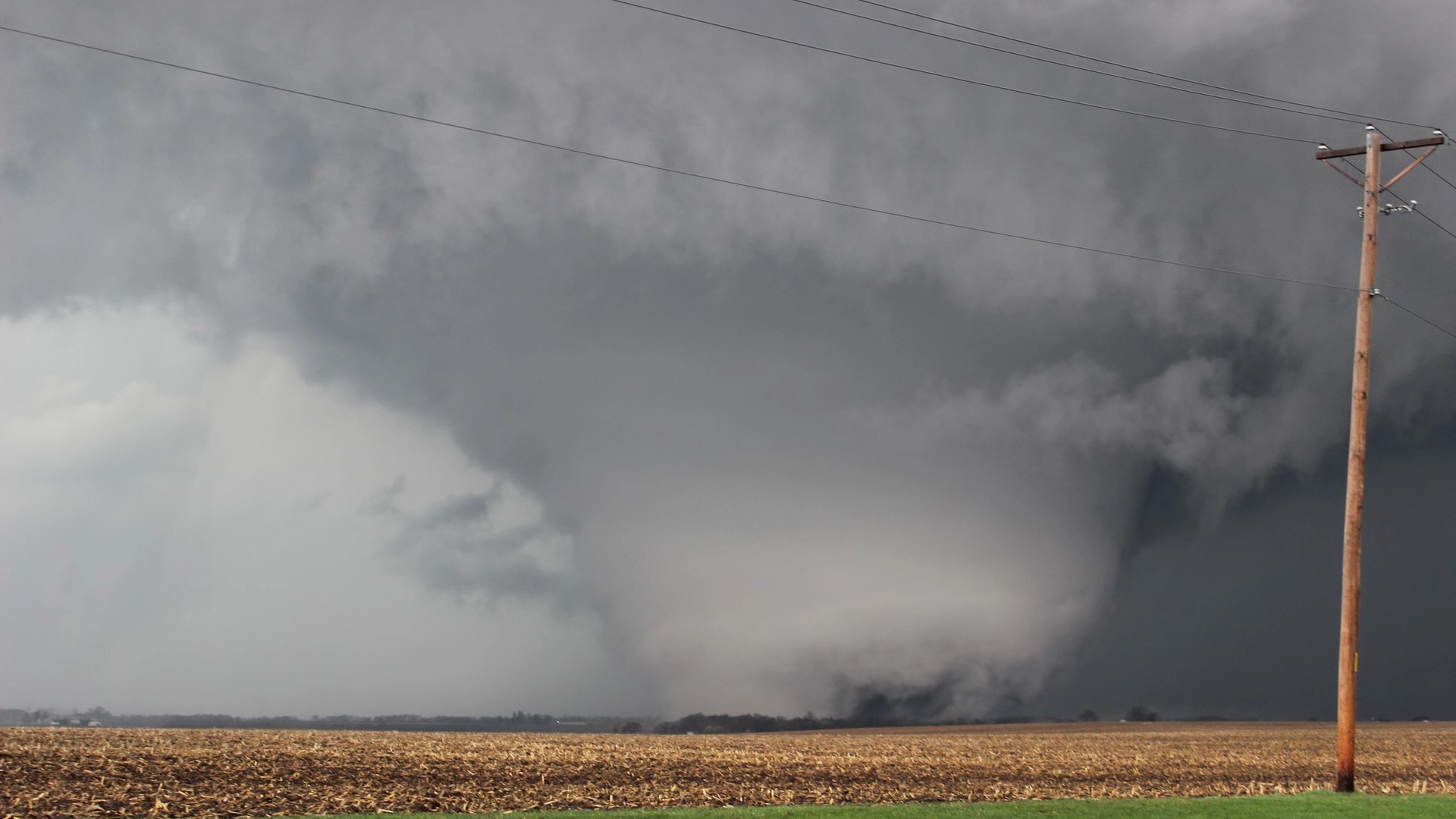
Is Your Business Insurance Policy Ready For Tornado Season?
·
5 minute read
Spring is here and, for many, that means tornado season is in full swing. As a business owner, you need to know and understand the terms of your insurance before high winds or hail damage your property. Many different coverages could benefit your business, but below are the first things we look at and review when preparing our clients for the spring and summer weather.
1) Know your deductibles
Midwest and coastal property insurance policies usually have the wind & hail deductible separate from the general property deductible (also known as "all other perils"). Insurance companies do this because of the severe threat of wind and hail damage makes low deductible solutions cost prohibitive for both parties and impossible to insure.
In Oklahoma and Texas, raising the wind & hail deductible is most often the easiest and most reliable way to lower the cost of insurance, so it is this coverage that gets changed when looking at ways to make insurance cheaper. It is generally a bad idea to carry high wind deductibles unless you are sure your building would not be affected by a significant wind storm or tornado. Raising the deductibles can also be a good strategy for property owners who have prepared for the financial burden if damage were to occur.
In addition to property insurance, it is also essential to know your commercial auto insurance deductibles. If a massive storm were to damage your building, the chances are that it would hurt your auto's too. If you have a large vehicle fleet, this is especially important.
2) Know how much a new roof would cost
In a tornado, the roof is usually the first portion of a building to get damaged. Insurance companies would like to price the wind & hail deductible above what a new roof would cost with the intent to reduce the frequency of claims associated with high wind areas. As a customer, you want the deductibles to be low enough where roof damage would not be entirely out of pocket. Make sure you know how much a new roof would cost so that you know where to place your property deductibles.
3) Verify that your property is insured to value
Although rarer than roof damage, tornadoes present the risk of a total property loss, which means the entire building would be damaged. In this scenario, the first place a claims adjuster is going to look is what the building was insured for and to review the coinsurance amount. If the building seems to be underinsured, the claims adjuster will hire a firm to evaluate what the building reconstruction will cost. If underinsured, you will be responsible for paying the claim up to the percentage you were underinsured plus any additional costs above the property limit.
For example, If a company's coinsurance clause states that the policy will cover up to 100% of the building's value, and after the loss, it is discovered that you undervalued the building by 30% of its replacement cost, you will be required to pay for 30% of the entire claim out of pocket.
4) Verify that your roof is insured to replacement cost
It is common for insurance policies to insure the roof of a building with actual cash value terms. Actual cash value means that when damage happens, the insurance company will not replace the roof with a brand new one. The insurance company will instead pay the policyholder cash for the depreciated amount the old roof was worth, leaving the policyholder to take care of the rest.
5) Purchase Business Interruption Coverage
The last step in preparing an insurance policy for a tornado is to add business interruption coverage. While a building is being repaired or rebuilt, this coverage will pay for regular expenses and ordinary payroll until a business can get back up and running. This coverage is critical to keeping your best employees during the downtime and being able to pay the bills while the business is closed.
6) Purchase a Flood Insurance Policy
With bad storms and tornadoes comes flooding. Flood is something that is excluded from most commercial property insurance programs. Purchasing a flood policy ensures that when waters rise due to a bad storm, there is no question of where the water damage came from because it will be a covered claim.
7) Call your insurance agent
The most important thing you can do to prepare for tornadoes and bad weather is to call and talk to your insurance agent. They know your insurance policies, your situation, and your tolerance for risk. Together you can find your gaps in coverage and fix them based on their recommendations.
About The Author: Austin Landes, CIC
Austin is an experienced Commercial Risk Advisor specializing in and leading LandesBlosch's design professional, real estate, and construction teams.
